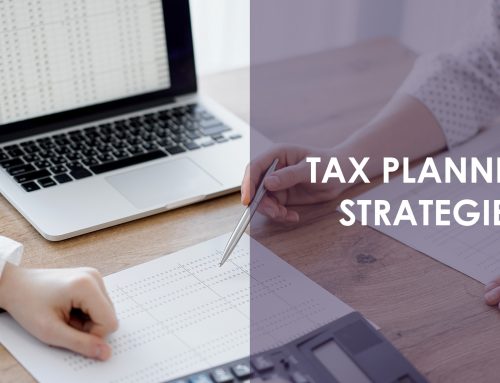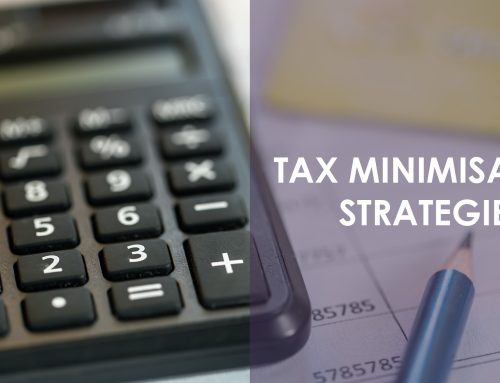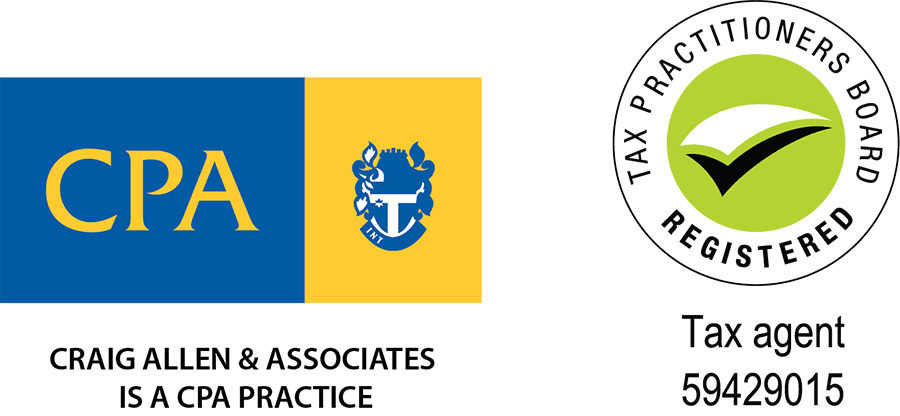Implementing tax minimisation strategies is crucial for high-income earners.
Tax minimisation strategies should be legitimately arranged and compliant with Australian tax laws. Hence, the need for a qualified and experienced tax accountant is key to an effective strategy.
There are various ways high-income earners in Australia can reduce their taxes. This article lists 7 strategies you should consider if you’re a high-income earner.
Make use of tax deductions
Tax deductions are expenses that can reduce your taxable income and the amount of tax you pay. For business taxpayers, these can include office rent, equipment, business travel, interest, repairs insurance, etc.
For individuals, there are various tax deductions you can claim. Most of them are work-related deductions in your capacity as an employee. However, it’s important to note that the expense must be directly related to the earning of your income and can be substantiated with a record or receipt.
Make salary sacrifice arrangements
Salary sacrifice arrangements or salary packaging is when an employee agrees to forgo part of their gross salary or wages before tax, in return for fringe benefits of the same value.
Salary sacrifice arrangements are commonly used to top up on an employee’s super fund which is a wise strategy considering super contributions are taxed at the concessional rate of 15%. Not only does it reduce the tax you pay, but it also helps you invest in the future and for your retirement.
Purchase an investment property
In Australia, you can ‘negatively gear’ the costs of paying for an investment property to reduce the tax you pay. Negative gearing is basically a situation wherein the expenses associated with your investment property are greater than the rental income it generates. This can reduce your taxable income and reduce the overall amount of tax you pay.
Negative gearing has lots of twists and turns to it, so consult an accountant about negative gearing to ensure you maximise your deductions.
Set up a discretionary trust
A discretionary trust allows you, the trustee, to distribute taxable income to beneficiaries with lower marginal tax rates at their discretion. This will, therefore, reduce your personal tax liability.
Get Income protection
According to the ATO, you can claim a tax deduction for the cost of the premiums you pay for insurance against the loss of your income to replace your weekly earnings. This is known as income protection of continuing salary cover.
However, if the policy provides benefits of an income and capital nature, only that part of that of the premium is deductible. Also, any payment made to you under an income protection policy may also be taxable in your hands.
Reduce your capital gains tax (CGT) liability
When selling an asset, make sure you strategically time any asset sale, to take advantage of Capital Gains Tax (CGT) concessions. In some cases, a 50% CGT discount is given on assets that are held for more than 12 months. Note that a sale of an asset is subject to Capital Gains at the time of signing a contract of sale, not when the settlement occurs.
Create a strong tax planning strategy with your accountant
As a high-income earner, the best way to reduce your tax is through effective tax planning. Through tax planning, you can legally minimise your tax, build your wealth, prevent tax issues, and get the best possible tax result and tax advice for the financial year.
Craig Allen and Associates is best placed to help you plan your tax result and give you ongoing advice on improving your tax position. We also offer a range of services including bookkeeping, business consulting, coaching, and introductions to financial planners and mortgage brokers.
It’s time to make a booking with us by contacting our team at 039 558 7316 or emailing us at craig@craigallen.com.au. This will give you a free consultation with Craig to go over your position.
SHARE THIS ARTICLE








